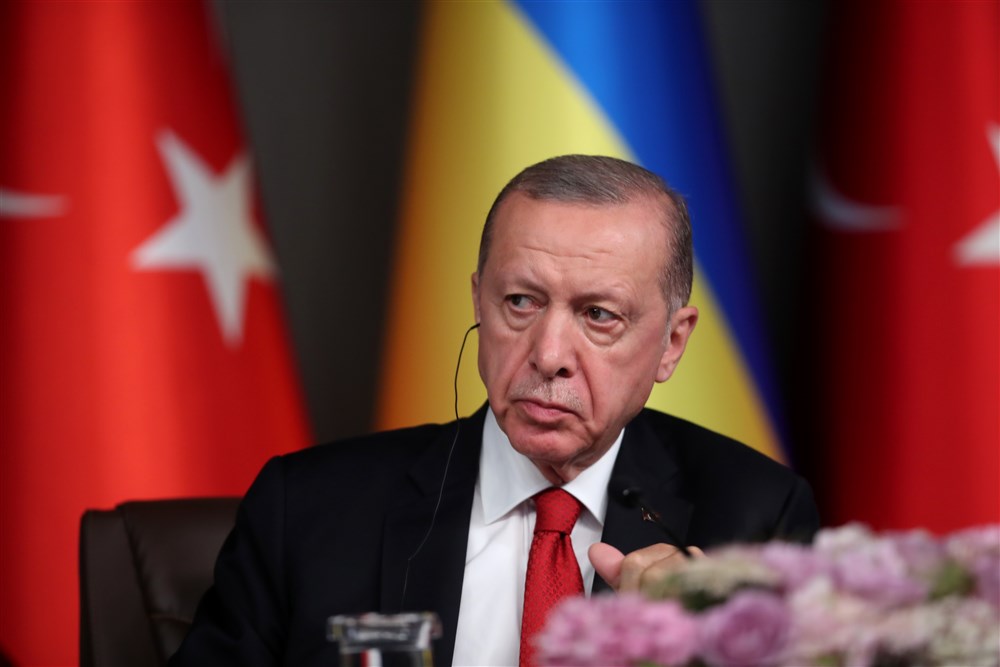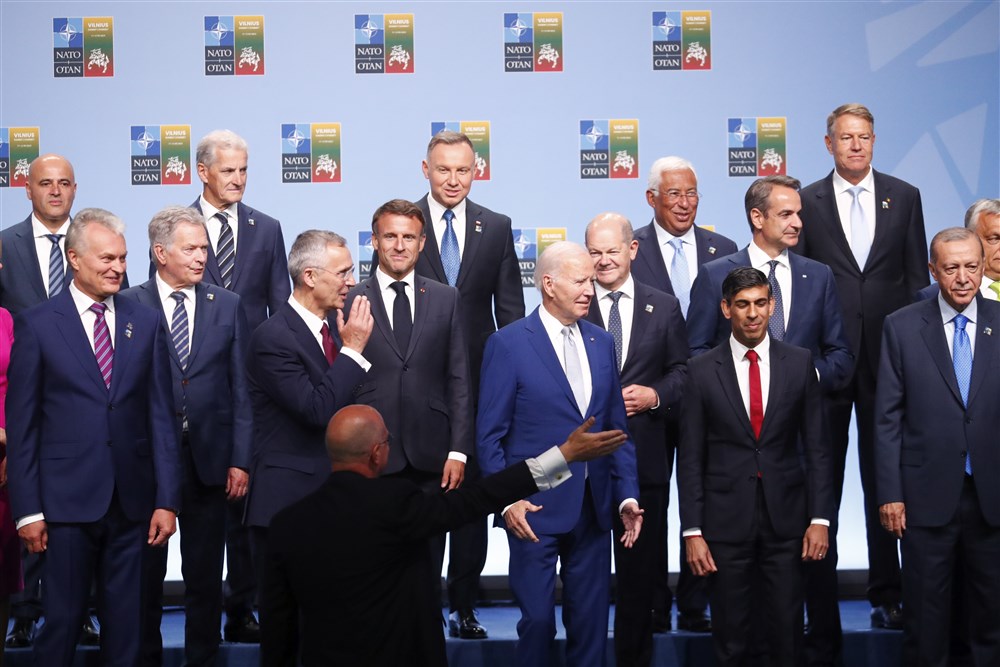Sweden’s main enemy for most of its history has been Russia. In the period between the 1400s and 1809, the two countries fought 11 wars against each other.
1808-09 saw the last war between the adversaries, known as the Finnish War. Sweden lost and, as a result, lost its Eastern territory – Finland – to Russia.
In the wake of this defeat, a later Swedish King, Charles XIV Johan, sought a neutral position in his geopolitical strategy. From 1818, the King declared an official stance of neutrality, a wish to stay out of future wars, claiming he had secured for Sweden a strategically advantageous position. As Norway had been incorporated into Sweden, it had seas to the west, north and south. With an appeased if stronger neighbour in Russia, the best policy was thought to be: let the great bear sleep unprovoked.
Sweden’s journey to neutrality, in other words, was long. Only a year ago, the Social Democratic government of Sweden rejected sending in an application to join NATO. The reason given was historic. Sweden, the reasoning goes, has been alliance free for about 200 years, since that volte face of Charles XIV Johan. The traditional narrative continues in the mid-twentieth century, when Sweden rejected the idea of allying to either NATO or the Warsaw Pact, claiming it would thereby avoid joining any war in Europe.
Sweden had remained neutral in both World Wars. During the Cold War, Sweden had taken on a second strategic aim known as the Marginal Doctrine, whereby it was held that, in case of a war in Europe, the Warsaw Pact would be preoccupied with fighting against NATO-countries and Sweden could maintain an army that could fight off Soviet troops on the margins.
The problem with this common narrative of uncompromising Swedish neutrality is that it is largely untrue.
Sweden has for the last 16 years been a member of the Lisbon Treaty, which states that all signees are under an obligation to help an EU country that has been attacked “by any means”. NATO is a step beyond this, due to its cooperative defence planning and the involvement of the United States with its world-leading defence spending. However, far earlier than Lisbon, between 1855 and 1905, Sweden was in a defensive alliance with France and Britain.
Sweden’s application to NATO has been far from straight forward. Turkey and Hungary have been slow to accept Sweden’s application. The process for Sweden stands in stark contrast to that of Finland, who applied at the same time and were able to join swiftly. One reason for the delay is that President Erdoğan has been provoked by Koran burnings in Sweden.
It is lamentable that an essentially internal fracas regarding Swedish laws on freedom of expression should grind international negotiations to a halt. Moreover, it is sad to see a country whose foreign policy has long been founded on moderation descend into a debate of such polarising extremes. At one end of the argument you must support liberty at any cost, at the other you must punish those who utilise their freedom. In civilisation it is possible to hold two thoughts at the same time: one can uphold the liberty to burn books, but civility requires of us not to act provocatively.
Similarly, when it comes to the NATO discussion in Sweden, there have been two sides of the argument, both driven by ideological, rather than geopolitical, considerations. The Social Democrats have wanted to maintain their story of neutrality, while the centre-Right has wanted to join a Western alliance. One side originally argued that joining NATO would provoke Russia, while the other says we must join precisely to keep Russia at bay.
Neutrality has served Sweden well since its last major clash with the Great Bear. But neutrality is not always an option when you are a neighbouring country at risk of being under direct threat.
Sweden’s recent decision to join NATO reflects a new and regrettable reality. In previous centuries, Sweden could exercise its neutrality and freedom from alliances without much pressure from political friends, or potential foes. The situation in the world today requires ever broader and stronger alliances, and, in the eyes of many, the abandonment of a political stance that has preserved peace for the government and people of Sweden for centuries.





How is the war going to end? Ukraine must be ready to concede territory in return for a path to NATO and EU membership